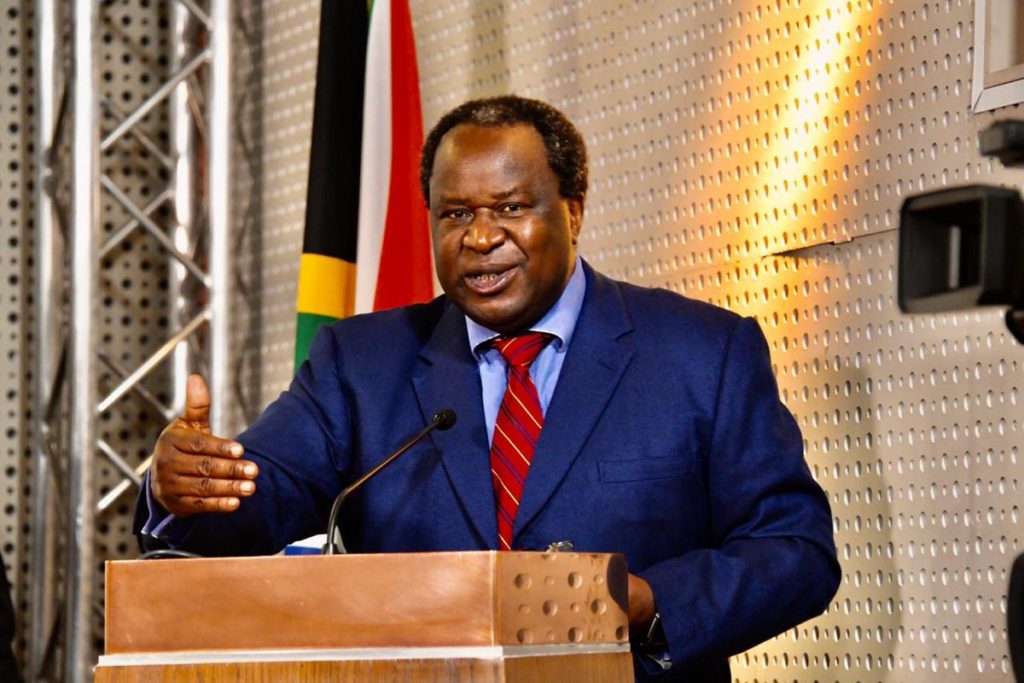The South African Treasury is looking into introducing a ‘debt ceiling’ which will manage how the country may borrow money in order to provide fiscal sustainability. This ceiling would be a first for the country, and was suggested by the International Monetary Fund (IMF) two years ago.
South Africa has been granted a loan request of $4.3 billion (R70.6 billion) by the IMF to help mitigate the adverse social and economic impact of the COVID-19 pandemic. In response, Finance Minister Tito Mboweni wrote the IMF a letter of intent committing to:
– reverse the upward trajectory of the public debt-to GDP ratio by considering introducing a debt ceiling;
– reduce of the public wage bill;
– ration financial support to state-owned enterprises (SOEs); and
– implement economic structural reform
This ‘debt ceiling’ will set a self-imposed limit on the amount of money government is allowed to borrow in a year. The ANC will thus require parliamentary approval before breaching the ceiling for whatever reason.
In a statement, the Democratic Alliance has voiced their support for this measure, saying that their Fiscal Responsibility Bill to introduce a legal debt ceiling has already been tabled.
This bill provides a fiscal rule prescribing that, for each financial year from 2020/21 to 2023/24, net loan debt expressed as a percentage of GDP must not be more than it was the previous year.
Picture: Twitter/ Tito mboweni.
“The IMF’s warning on the urgent need for structural reform gives Minister Mboweni a date with destiny in his October MTBPS in which he has to make firm commitments to remove impediments to growth and fiscal sustainability,”says the DA.
“Turning South Africa’s economy around is a national effort which requires a non-partisan approach from the Treasury under Mboweni. The DA has made a series of proactive economic proposals to help ignite our economy, which proposals should now be seriously considered for implementation.”
Picture: Twitter/Tito Mboweni

